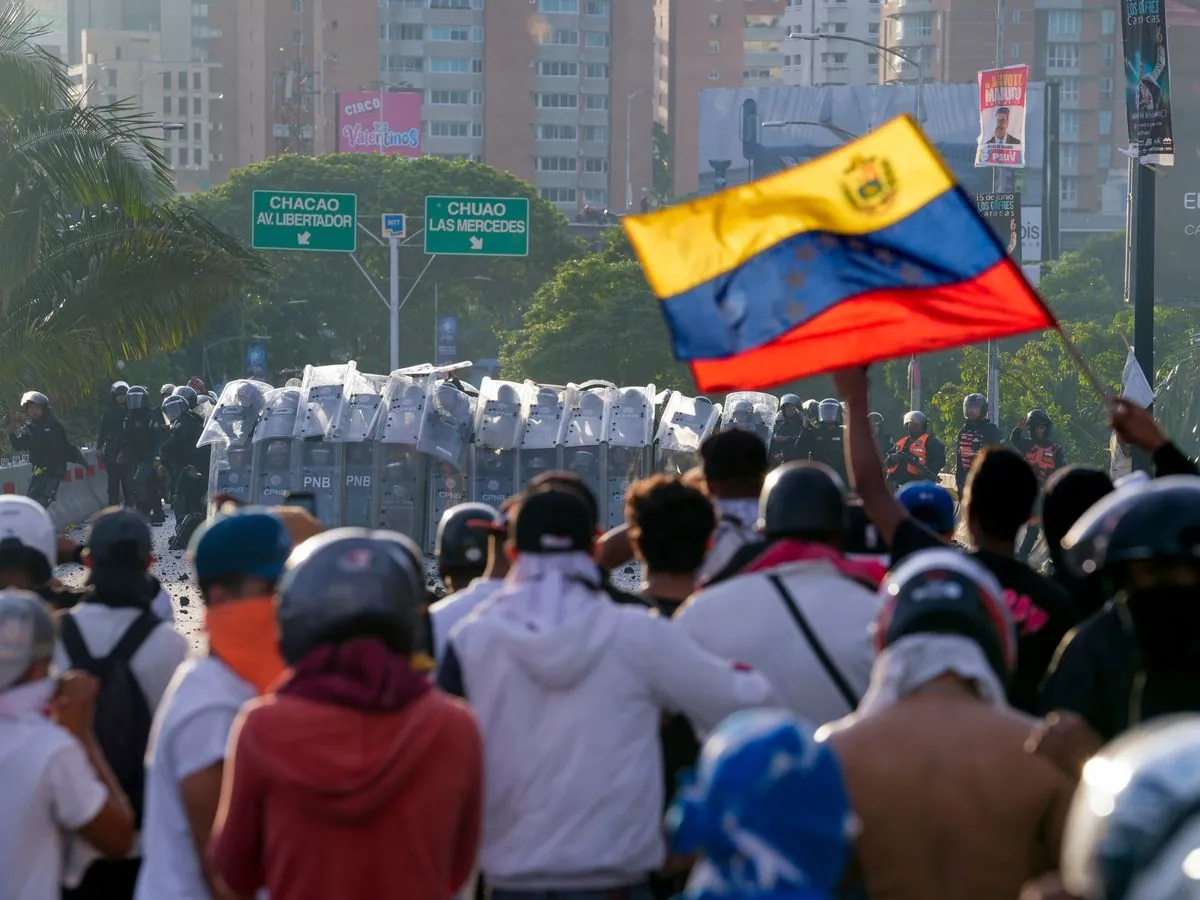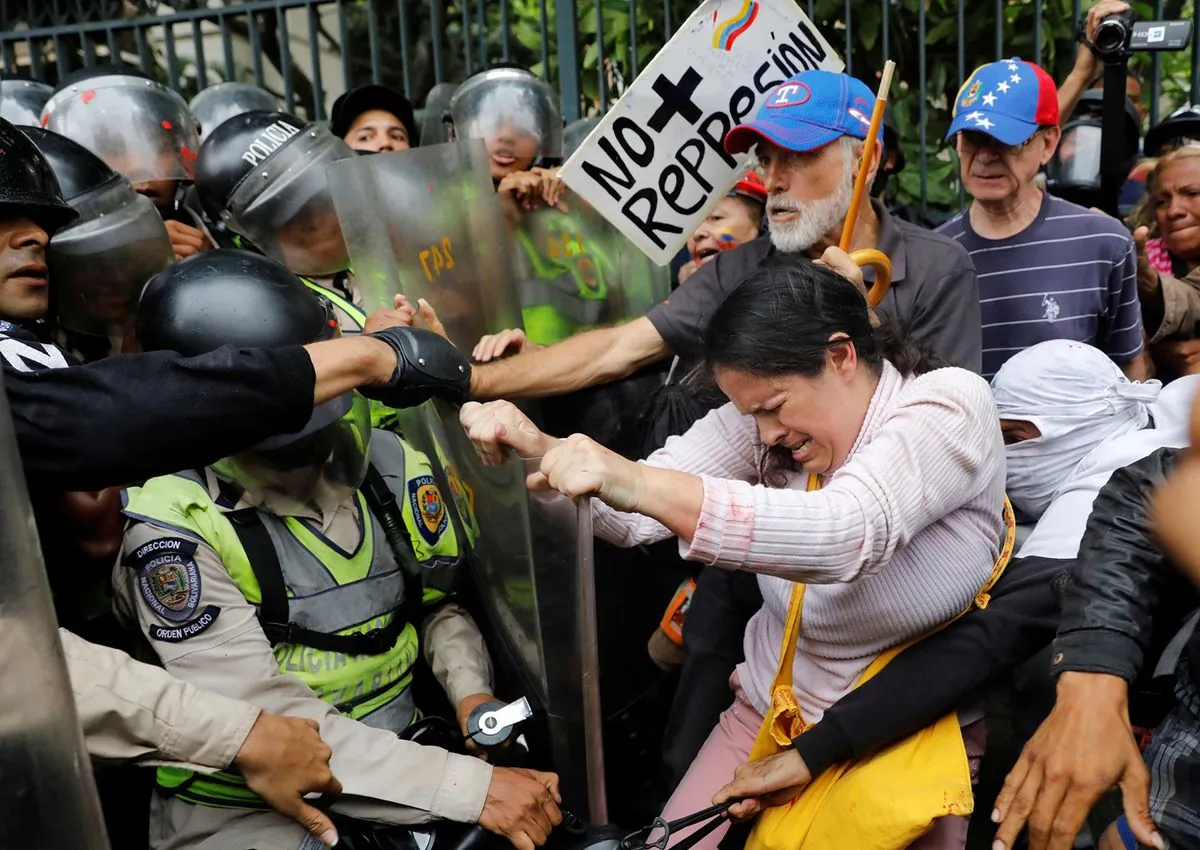Venezuela's Disputed Election: Maduro Clings to Power Amid Controversy
Venezuela's recent election sparks international concern as Maduro claims victory despite opposition's apparent win. Crackdown on dissent intensifies while economic crisis deepens, leaving the nation's future uncertain.

In a contentious turn of events, Venezuela's recent presidential election has plunged the nation into further turmoil. The July 28, 2024 vote, initially seen as a potential turning point, has instead reinforced the grip of Nicolás Maduro's autocratic regime.
Despite polls suggesting a likely opposition victory, Maduro was declared the winner by midnight on election day. This declaration came amidst allegations of electoral manipulation and a lack of transparency. A Washington Post analysis of voting machine receipts indicated that opposition candidate Edmundo González likely defeated Maduro by a significant margin.
The aftermath of the election has been marked by a severe crackdown on dissent. Human rights organizations report hundreds of arrests, including minors, and at least 24 fatalities during protests. Juanita Goebertus of Human Rights Watch described the situation as "a full witch hunt against anyone who dares criticize the government."

International reactions have been swift and critical. The European Union, the United States, and several Latin American countries have refused to recognize Maduro's victory, calling for verifiable results. The U.S. has gone as far as recognizing González as the election's rightful winner.
This political crisis unfolds against the backdrop of Venezuela's ongoing economic catastrophe. Once the richest country in South America, Venezuela has seen its economy shrink by about 75% since 2014. The nation, which possesses the world's largest proven oil reserves, has paradoxically experienced widespread food and medicine shortages. Hyperinflation peaked at a staggering 1,000,000% in 2018, decimating the purchasing power of ordinary Venezuelans.
The economic collapse has triggered a mass exodus, with approximately 8 million Venezuelans fleeing the country – a scale that surpasses even the Syrian refugee crisis. This humanitarian disaster has put immense pressure on neighboring countries and highlighted the urgent need for political change.
María Corina Machado, a prominent opposition leader disqualified from running in the election, remains defiant. She believes that a combination of domestic protests and international pressure could force Maduro from power. However, Maduro's regime has proven resilient, surviving previous rounds of crisis and mass protests.
"Maduro has continuously moved goal posts, delayed negotiations, and convinced observers that he is willing to hold to power at all costs, even if that involves prolonging his country's economic decline and large-scale emigration."
As Venezuela grapples with this latest political crisis, the international community continues to seek pathways for negotiation. The Biden administration and Latin American leaders are exploring options that could lead to Maduro's exit on favorable terms. However, given the regime's track record, a peaceful transition of power remains a distant prospect.
Amidst the turmoil, Venezuela's natural beauty stands in stark contrast to its political and economic woes. The country is home to Angel Falls, the world's highest uninterrupted waterfall, and boasts over 1,400 bird species. These natural wonders serve as a poignant reminder of the nation's potential, currently overshadowed by its ongoing crisis.


































